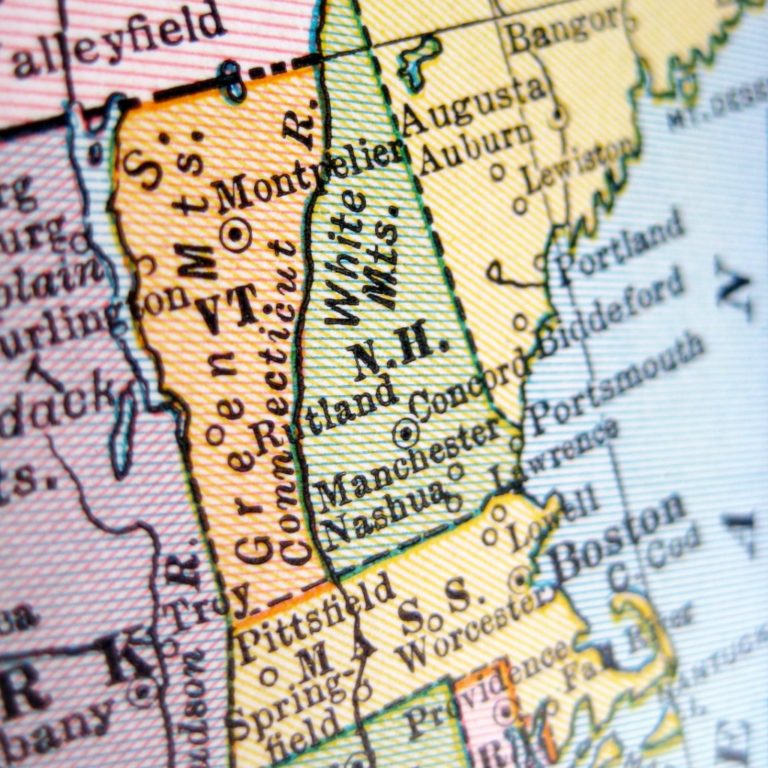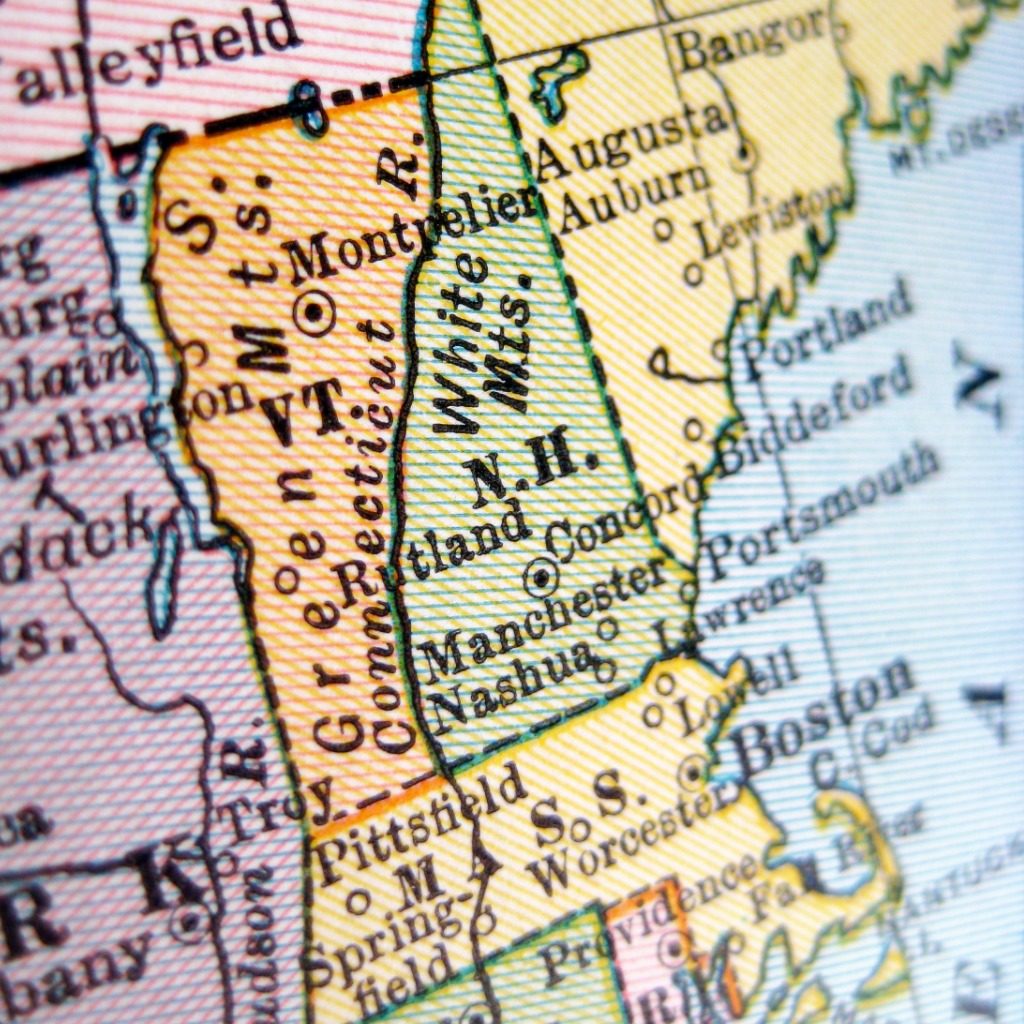New Hampshire Exempts Forgiven Paycheck Protection Program (PPP) Loans from Business Profits Tax
Governor Chris Sununu signed SB 3 on Thursday, June 10th, adding New Hampshire to the list of states to exempt forgiven PPP loans from state income taxation.
The provision is applicable to tax years ending after March 3, 2020. The business income of a taxpayer received by reason of forgiveness of indebtedness issued or created under the federal Paycheck Protection Program, is excluded from the New Hampshire Business Profits Tax. New Hampshire now conforms to the federal exclusion from taxable income of forgiven PPP loans.
“With the signing of SB 3 today, New Hampshire is providing $100 million in tax relief — the first in a series of tax cuts — that will provide for the benefit of all New Hampshire families and businesses,” said Governor Chris Sununu. “New Hampshire is leading the nation in ensuring that PPP loans are not included as taxable income — a vital step to ensuring we maintain our NH Advantage.”
According to the latest SBA data, businesses in New Hampshire received about $3.72 billion in PPP funds in total that were dispersed across 41,358 separate loans (2020 Loan Approvals, 2021 Loan Approvals).
Massachusetts Legislature Advances Proposed Millionaires Tax to 2022 Ballot
In a 159-41 vote, Massachusetts lawmakers approved a proposal to amend the state’s constitution to allow for the imposition of a so-called “Millionaires Tax”. The Constitutional Amendment would allow an additional 4% surtax to be imposed on annual personal income above $1 million. Proponents say the revenue from the tax would go toward improvements to the Commonwealth’s education and transportation systems.
The measure now goes to the voters, who must approve the amendment as part of the November 2022 general election. If voters approve the amendment, the Millionaires Tax would apply to all tax years beginning on or after January 1, 2023.
The amendment is a controversial one. Several business leaders have been outspoken in their opposition, and many question the projections of how much revenue the higher tax rate would raise. There may also be legal challenges to the ballot question, as in 2018 when the Supreme Judicial Court rejected a similar ballot question as unconstitutional.
The 191st Massachusetts legislature approved the proposal (147-48) in 2019, but the proposal had to advance in two consecutive legislative sessions before it could make it on the ballot. Now that the 192nd legislature has advanced the proposal, the decision will be in the hands of Massachusetts voters at the polls in November 2022.
Contact ARB
If you have questions, contact me today. Visit our COVID-19 Financial Resource and Tax Center for information on related matters.
by Dan Doiron, CPA, CVA
Dan Doiron has been in public accounting since his college internship with ARB in 1986. He has been a Principal since 1996 and works extensively with all types of clients to solve their compliance and tax planning issues. Dan was the May 1987 State of Maine Gold Medalist for earning the highest scores on all four parts of the CPA Examination. He is the Practice Leader of ARB’s Business Tax Services Team and ARB’s Private Client Advisory Services Team.






